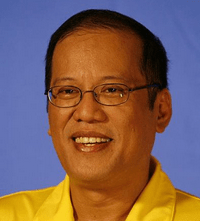Since taking office in June 2010, Philippine President Benigno Aquino has pushed through reforms aimed at improving the professionalism of the Armed Forces of the Philippines (AFP). The drive, however, remains restricted to certain aspects of civil-military relations, and as such is bound to have only limited impact.
In general, key prerequisites of democratic oversight of the security sector include civilian control over the political sphere of military issues, such as internal security policy, budgets, reform processes and the upholding of human rights. The military, on the other hand, is expected to enjoy a degree of autonomy in the professional sphere and thus on issues related to promotions, training and strategies.
Yet, in the Philippines the two spheres have often been mixed up.

